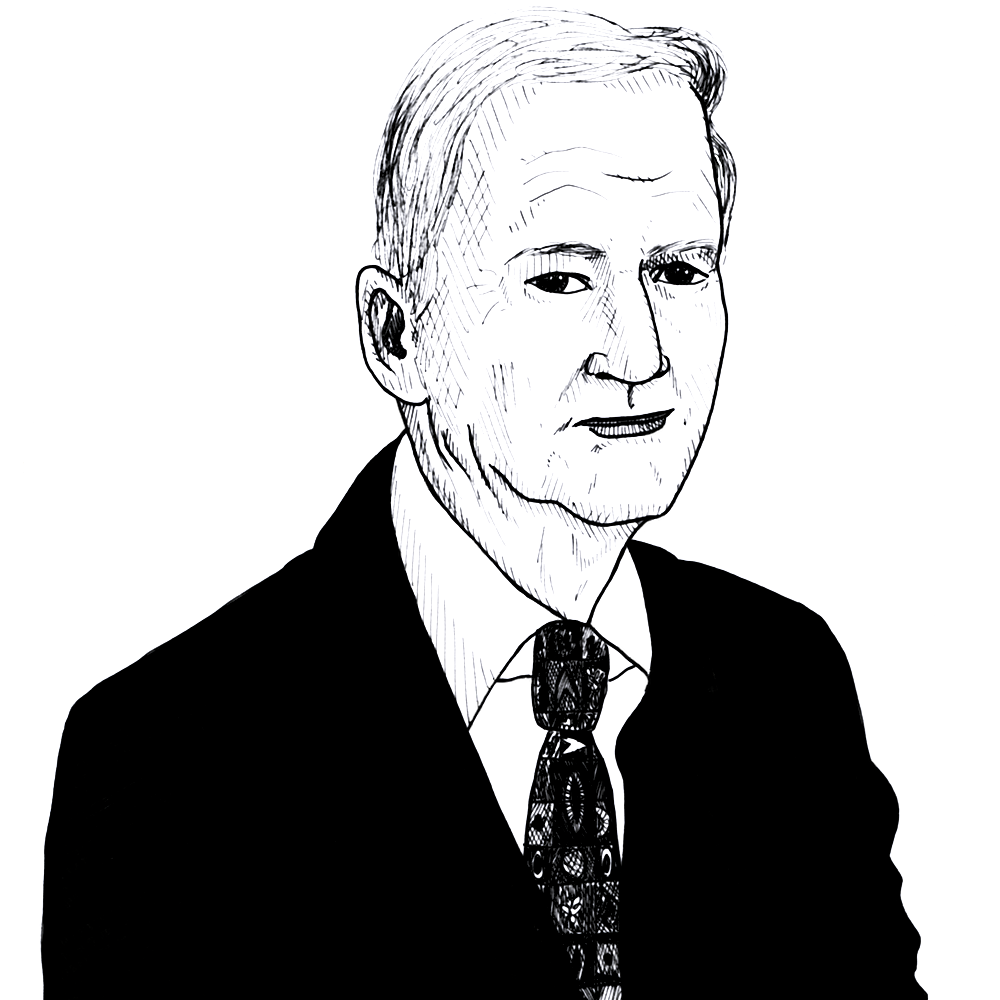
Forrest McDonald argues that the Founding Fathers envisaged a new economic order based upon Lockean notions of private property and the creation of the largest contiguous area of free trade in the world (2006)
Forrest McDonald begins his speech to the Economic Club of Indianapolis by asking what kind of economic order did the Founding Fathers intend building:
Economics
If I should ask you what kind of economic order the Founding Fathers contemplated when they established the constitutional order, you would doubtless reply capitalism or a market economy. If I addressed that question to a similar number of professional American historians, the answer would be the same, the difference being that most of you would add “Thank God” and most of them would add “unfortunately.” In certain important particulars, your answer is supported by the historical record. For one thing, Americans were committed to John Locke’s proposition that mankind has a God-given right to life, liberty, and property, and that legitimate governments are required to protect those rights. In the Constitutional Convention of 1787 James Madison, Gouverneur Morris, and others listed the protection of property rights as the primary reason for instituting government; the sole dissenter was James Wilson. For a second thing, the Constitution created the largest contiguous area of free trade in the world. Neither the states nor the Congress could levy taxes on the interstate movement of goods which the states had been theoretically able to do prior to the adoption of the Constitution.